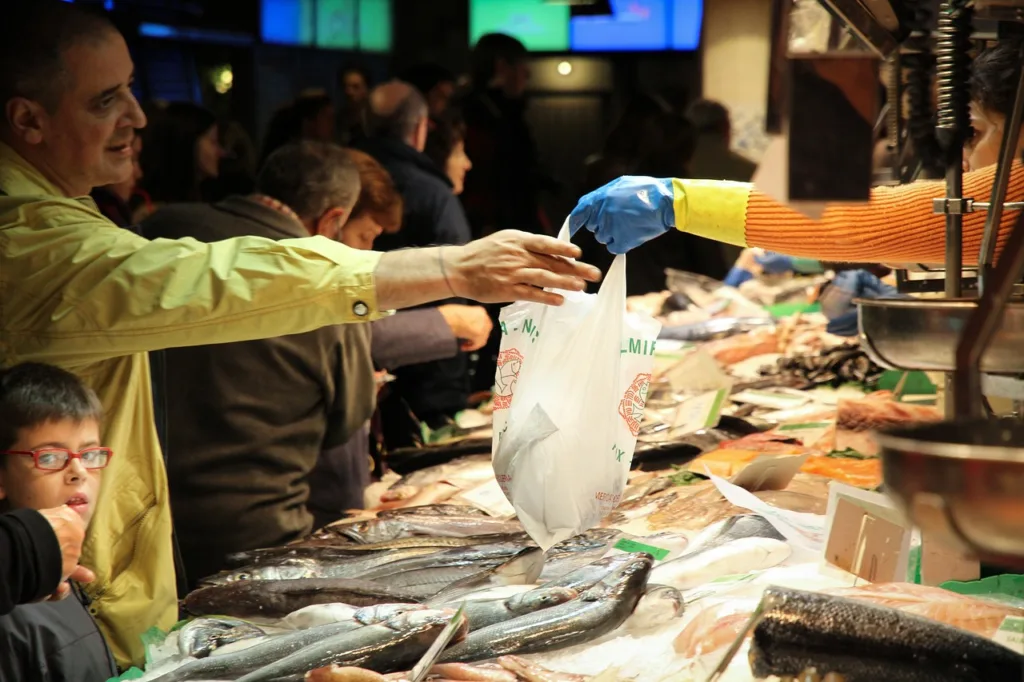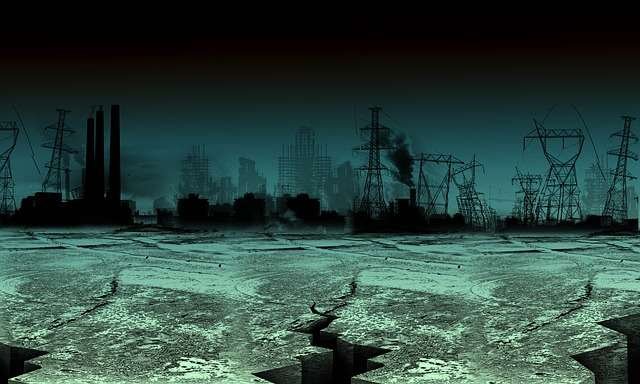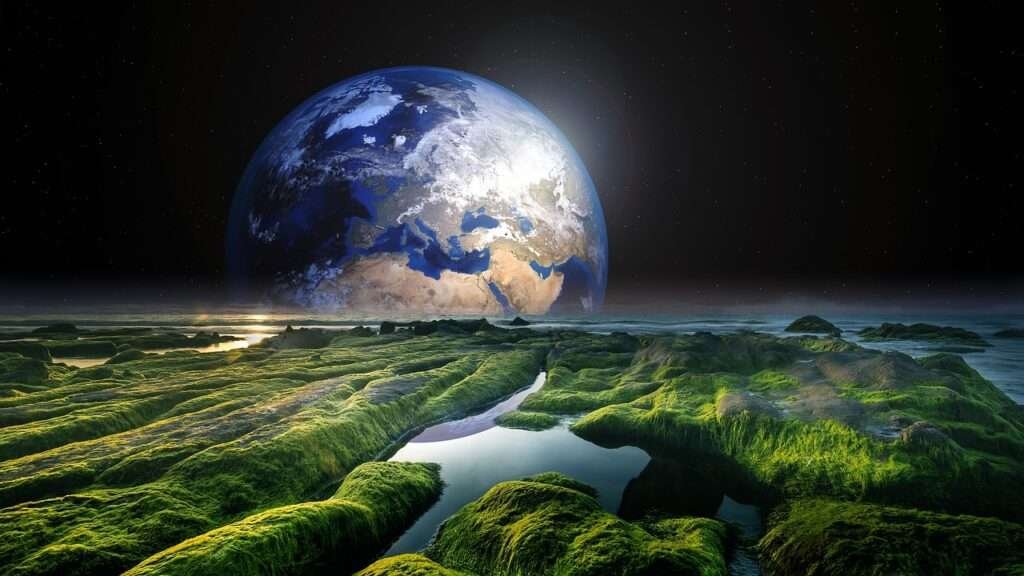We Need To Stop Eating Fish And All Forms Of Seafood Now.
Today I ask the question: How long would it take
for all of the fish and marine species in the oceans to recover from
overfishing if everyone stopped eating fish today?
It’s an interesting question isn’t it and I’ve
often wondered about it. According to a
study published in National Geographic, most of the world’s fish populations
could recover in just ten years if overfishing were to stop. However, the
recovery time would depend on several factors such as the species of fish, the
extent of overfishing, and the level of pollution in the oceans.
The impact of not eating fish on Super
Trawlers
If nobody was eating fish, there would no longer
be any need for Super Trawlers. Super Trawlers are large commercial fishing
vessels that use enormous nets to catch fish. They are responsible for
overfishing and are known to bulldoze the ocean floor. If people stopped eating
fish, Super Trawlers would no longer be necessary, and the oceans would be able
to recover from overfishing.
What people could eat instead of fish
There are several foods that are rich in omega-3,
high in protein, and have similar benefits to eating fish. Here are some
examples:
Give Kale at try: Kale is a great source of ALA,
one form of omega-3 fatty acids.
Flaxseed: Flaxseed is another ALA master that has
been shown to greatly reduce high cholesterol in patients. It is a very versatile ingredient that can
enhance the taste and texture of almost any recipe. Here are just a few reasons
to further consider flaxseed:
1.
Flaxseed is a good source of many
nutrients, including protein, fiber, omega-3 fatty acids, thiamine, and copper.
2.
Flaxseed may help reduce
inflammation in the body.
3.
Flaxseed may help lower blood
pressure.
4.
Flaxseed may help improve
cholesterol levels.
5.
Flaxseed may help regulate blood
sugar levels.
6.
Flaxseed may help reduce
menopausal symptoms.
7.
Flaxseed may help improve
digestive health.
8.
You can mix ground flaxseed into
your morning smoothie.
9.
Add flaxseed to pancake batter.
10. Use
flaxseed as an egg substitute in baking.
11. Sprinkle
flaxseed on top of yoghurt or oatmeal.
12. Mix
flaxseed into your favourite nut butter.
13. Add
flaxseed to homemade granola bars.
14. Use
flaxseed as a topping for salads.
15. Mix
flaxseed into your favourite soup or chilli recipe.
16. Add
flaxseed to your favourite muffin or bread recipe.
Eat more Eggs: Although we all are probably eating eggs on a
regular basis anyway, they can help. Eggs
are a particularly good vehicle of omega-3s for the pickier eaters who would
happily eat their omegas sunny-side-up.
Ideas on what we could do with the world’s
Super Trawlers once there is no need for them.
Once there was no longer any use for Super
Trawlers, they could be reconfigured and serve much better purposes for this
planet. For instance, the Atlantic Dawn
was the largest and most technologically advanced trawler in the world,
weighing 14,055 tons and measuring 144 meters in length. It was equipped with
two 9,655 hp diesel engines that could propel the ship to a top speed of 18
knots (around 20 mph). The FV Margiris
is the world’s second largest fishing boat, weighing 9,500 tonnes and measures 136.1
meters in length. So the specs on these
vessels are impressive, so here are 12 ideas on what we could do with them,
once they are no longer needed as super trawlers:
1.
Cargo transport: Large ships can
be used to transport cargo such as containers, vehicles, and heavy machinery
across the ocean.
2.
Cruise ship: A ship of this size
can be reconfigured as a cruise ship, providing passengers with a luxurious
experience while sailing the seas.
3.
Military vessel: Large ships can
be used as military vessels for the navy, providing a platform for various operations
such as reconnaissance, surveillance, and transportation of troops and
equipment.
4.
Research vessel: Large ships can
be used as research vessels for oceanographic research, marine biology, and
other scientific studies.
5.
Offshore platform: Large ships
can be converted into offshore platforms for oil and gas exploration and
production.
6.
Floating hotel: A ship of this
size can be converted into a floating hotel, providing accommodation for
tourists and travellers.
7.
Floating restaurant: Large ships
can be converted into floating restaurants, providing diners with a unique
dining experience while enjoying the view of the ocean.
8.
Floating casino: A ship of this
size can be converted into a floating casino, providing gamblers with a unique
gaming experience while sailing the seas.
9.
Floating hospital: Large ships
can be converted into floating hospitals, providing medical care and assistance
to people in remote areas or during natural disasters.
10. Training
vessel: Large ships can be used as training vessels for sailors, providing them
with hands-on experience in navigating and operating large ships.
11. Floating
museum: A ship of this size can be converted into a floating museum, showcasing
artefacts and exhibits related to maritime history and culture.
12. Aquaculture:
Large ships can be converted into aquaculture facilities, providing a platform
for fish farming and other aquatic activities.
Conclusion:
I know it’s probably hard to think about at the moment as you no doubt
love fish. However, do you love our
planet more than you love eating fish?
Do you want to provide a better planet for your kids and grandkids more
than you love eating fish?
Supermarkets will soon work out something else to
put in those freezer shelves, so don’t be worried about them.
Fish markets could become fruit and veggie markets
etc.








